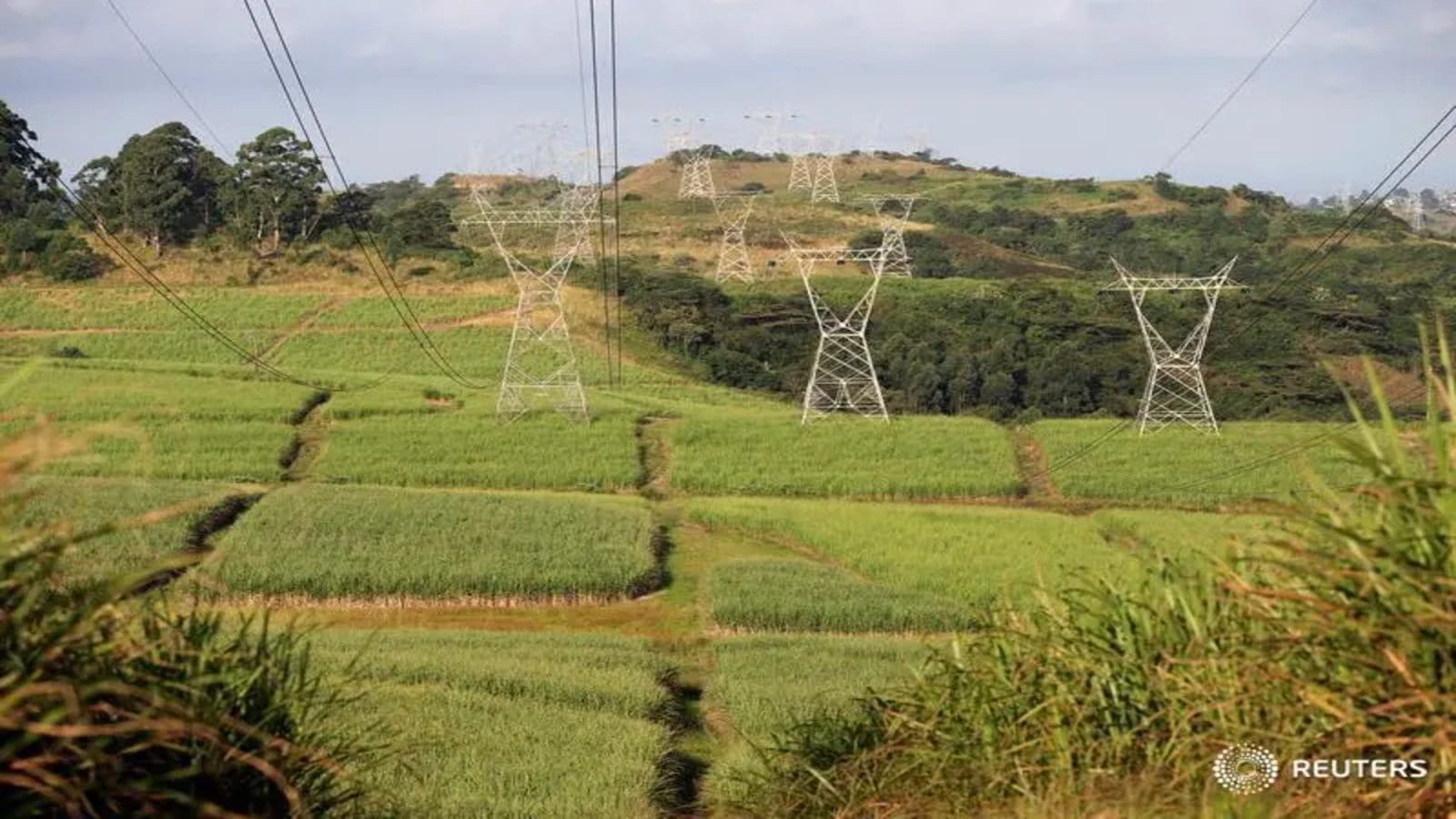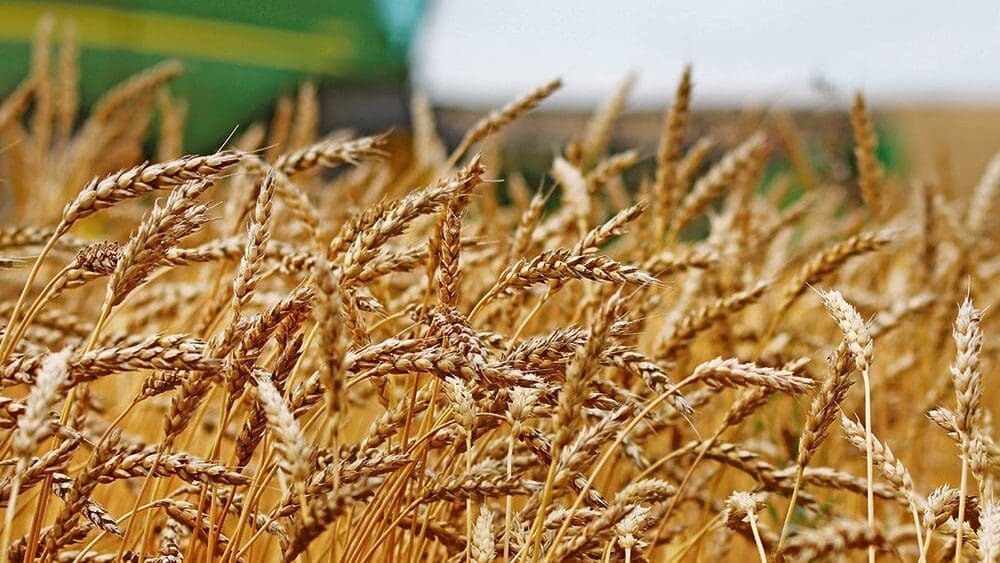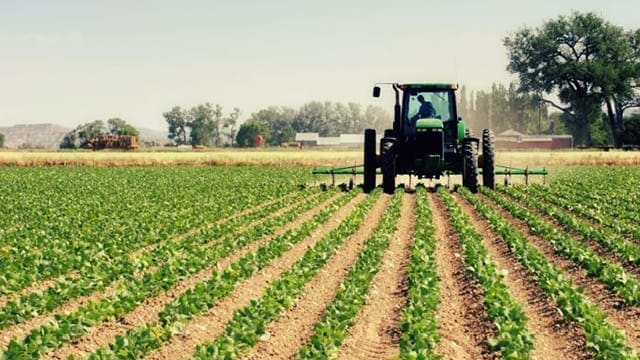SOUTH AFRICA – South Africa’s cane growers have appealed to the government to implement measures to mitigate the impact of load-shedding which if not checked will see the industry lose R723 million (US$41.9M) this year.
However, the estimate’s scenario modeling applies to load-shedding at stages 4-6 which if escalated to stages 6-8, the industry could lose more than R1.8bn (US$104.3M) while anything beyond stage 8 could cost the industry more than R2.4bn (US$139 million) according to Andrew Russell, SA Canegrowers chair.
The organization said that with milling giant Tongaat Hulett in business rescue, and the destructive Health Promotion Levy already hampering the industry, these losses are potentially catastrophic for growers and the industry’s workers
They are therefore pleading with Eskom and the government to urgently put short-term measures in place to mitigate the effects of rolling blackouts on the industry.
The impacts of load shedding have been estimated to affect 1,135 irrigated growers who employ more than 10,000 workers.
South African sugar industry largely relies on irrigation for production. An estimated 34% of SA’s sugar cane is produced in irrigated areas including Komatipoort and Malelane in Mpumalanga, and Pongola in KwaZulu-Natal.
Therefore, if the situation continues, the growers will further part with more than R189m (US$11 million ) in additional energy costs on account of the disruption to irrigation schedules.
The losses are incurred since growers operate on a Ruraflex system, which allows them to pay a lower tariff for operating during low-demand times.
However, this power disruption has forced them to irrigate whenever electricity is available regardless of demand coupled with yield losses as they had fewer hours of continuous energy supply.
“Growers need a minimum of six hours of continuous energy for proper irrigation. As a result of the intermittency of the power supply disrupting irrigation, irrigated growers will lose up to 40% water capacity.”
However, the association has made recommendations to the government for short-term measures that can rescue the sector as the industry works to save the 1-million livelihoods it supports.
Among the suggestions are restricting load-shedding to stage 4 in irrigated cane growing areas during peak watering season, diesel rebates for growers using generators, and tax rebates for those investing in alternative energy sources.
For all the latest food industry news from Africa and the World, subscribe to our NEWSLETTER, follow us on Twitter and LinkedIn, like us on Facebook and subscribe to our YouTube channel.










